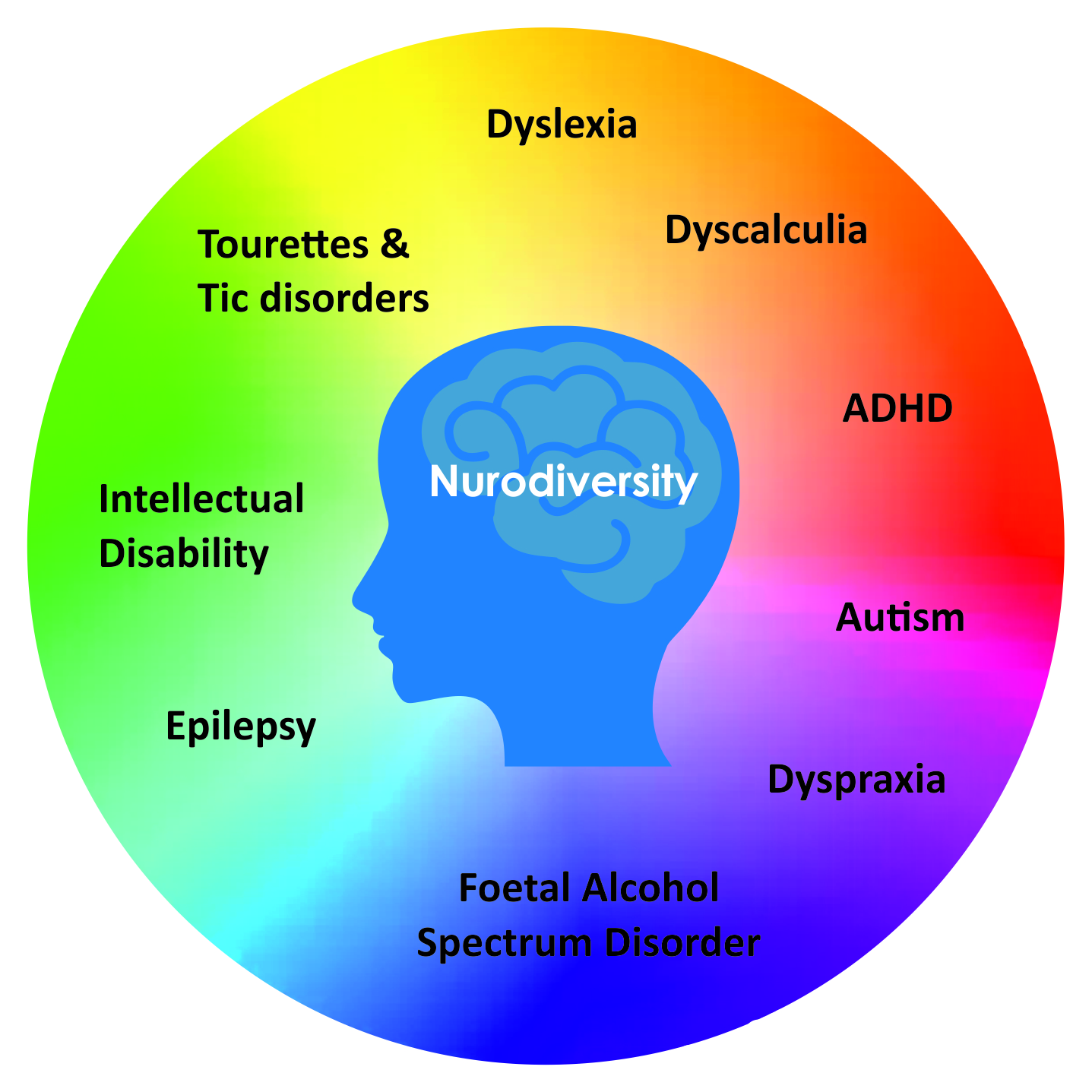Dyslexia and Neurodiversity
What does neurodiversity mean?
Neurodiversity is a relatively new term, thought to have been coined in the 1990s by Judy Singer (an autism activist). It was originally used by the autistic community, who were keen to move away from the medical model and dispel the belief that autism is something to be treated and cured rather than an important and valuable part of human diversity.
Neurodiversity
The idea of neurodiversity has now been embraced by many other groups including dyslexia support groups , who are using the term as a means of empowerment and to promote the positive qualities possessed by those with a neurological difference. It encourages people to view neurological differences such as dyslexia, autism and dyspraxia as natural and normal variations of the human genome. Furthermore, it encourages them to reject the culturally entrenched negativity which has typically surrounded those that live, learn and view the world differently.
Most people are neurotypical, meaning that the brain functions and processes information in the way society expects. However, it is estimated that around 1 in 7 people (more than 15% of people in the UK) are neurodivergent, meaning that the brain functions, learns and processes information differently.
The term neurodiversity usually refers to range of specific learning differences including:
- Attention Deficit Hyperactivity Disorder (ADHD)
- Developmental Co-ordination Disorder (DCD) also referred to as Dyspraxia
- Developmental Language Disorder (DLD)
- Epilepsy
- Foetal Alcohol Spectrum Disorder
- Intellectual Disability
- Tourettes and Tic disorders
- Specific Learning Disorder/ Differences e.g Dyslexia, Dyscalculia.
Select here to download Dyslexia Scotland's information leaflet on Neurodiversity

Health professionals, industry and commerce are increasingly using the term neurodiversity. This approach supports the child centred education system in Scotland which also highlights the co-occurrences between specific learning differences. Research has highlighted that the child or adult who has only one area of difficulty is rare, for example work by Kaplan et al 1998.
The National Institute of Economic and Social Research highlighted this point in a study conducted for ACAS in 2016 (the UK Advisory, Conciliation and Arbitration Service), which explained that there is a
“Propensity for neurodivergent individuals to be stereotyped according to the more well-known characteristics of their condition.”
The report stressed that not all individuals with autism are highly numerate, nor will everyone with dyslexia have insurmountable difficulties around functional literacy.
Further information: neurodiversity
To find out more about the concept of neurodiversity, further information is available in the Professional Development section of the Toolkit.
